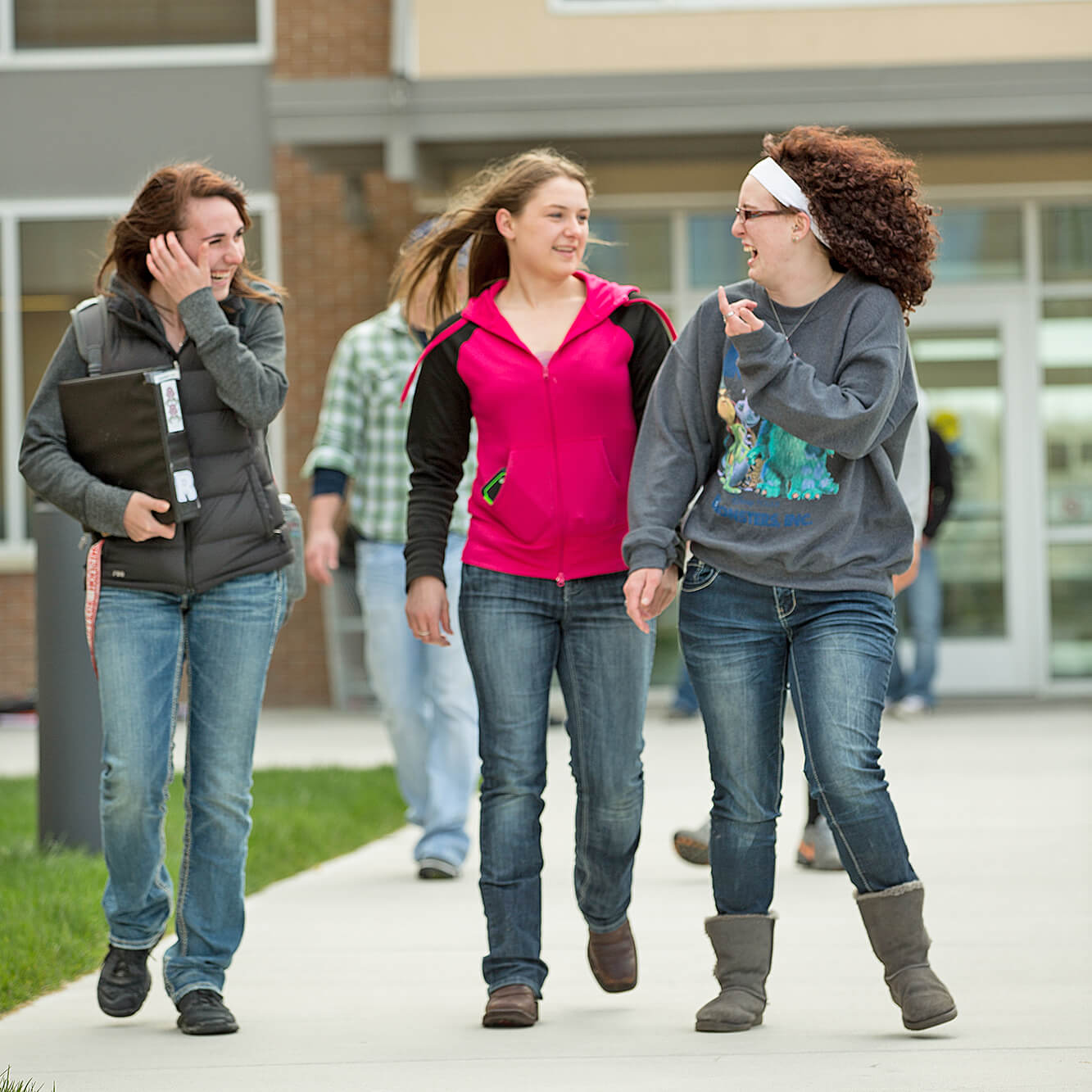Deciding on a college in the age of COVID-19

If you are about to enter your final year of high school, or you just graduated, you likely have found yourself in a tight spot: how to find the right college in the age of COVID-19. Things are definitely different from the way they used to be. With that in mind, here are a few issues you may have been struggling with and suggestions to help you in your quest.
It is hard to choose when I can’t visit the campus.

Yes, everyone wants to get a “feel” for the place where they will spend a good deal of their time for the next several years. Since many campuses aren’t allowing on-campus visits, they have set up several virtual options, including tours, visits with advisers and counselors, visits with current students, and information sessions. Just go to each college’s homepage and in the search bar type “campus visit.”
I don’t know if I can still afford to go to college.

Well, you’re not alone. We found a survey of 1,000 13-18-year-olds, done for Junior Achievement and Citizens Bank, which shows that 69% are concerned about the financial impact of COVID-19.
One way that you can reduce your costs is to attend a community college. Consider the average tuition and fees cost differences for the 2019-2020 school year: community college; $3730, in-state four-year public schools, $10,440; out-of-state four-year public schools, 26,820; and private four-year schools, $36,880. If you do the math, you’ll discover that you will save a bundle if you go to a community college for your freshman and sophomore years. For example, you’ll save an average of $13,420 over two years if you attend a community college over an in-state university. And the difference between attending a community college and a private college for the first two years is a whopping $66,300 you can save!
Another way to make sure you can afford school is to visit with each college’s financial aid department, or if you have one assigned to you, reach out to your admissions counselor/representative.
When working with the financial aid department, remember that many can work with you and your family’s circumstances. “When there are unusual situations … that impact your federal student aid eligibility, federal regulations give a financial aid administrator discretion or professional judgment on a case-by-case basis … to gain a more accurate assessment of your family’s ability to contribute to your cost of education,” according to FederalStudentAid.
I’m having a hard time deciding where to go.

We know that deciding what college to attend, especially within the context of COVID-19, can be stressful. But don’t be too hard on yourself. Set aside some alone time to clear your head and relieve some stress, perhaps by walking around the block, listening to soothing music, reading a good book, etc. Then list out your criteria on a piece of paper and see how the school(s) you are deciding on compare. Your criteria should include cost, location, available class offerings and majors, etc. You can find out about all of these on the college’s website, or by visiting with the admissions counselor/representative.
When you do decide where you will attend, check with the school’s admissions department to see if you can connect with your future classmates via the social media channels your school uses.
These are unusual times that we are living in, but remember, you have made it this far. You have lived through the COVID-19 pandemic, and you can make your college choice. You are stronger than you know. Believe in yourself and accept the help of others in this journey of higher education.
